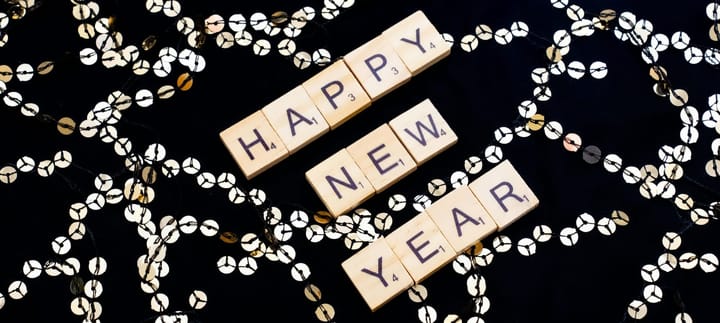The Power of Jealousy
Why changing our perception of jealousy as powerful is important.
We perceive jealousy in many different ways:
There are those who deny that they feel it, and believe that those in healthy relationships do not experience jealousy. This perception, unfortunately, shames those who feel jealous, creating a pathway of either denial about their feelings or a sense that their relationship is somehow "unhealthy."
There are those who use jealousy as a way to manipulate or control their partners. Jealousy is perceived as a tool to achieve a certain behavior. Sometimes this is not done intentionally, but sometimes it is.
There are those who think that people in open relationships do not or should not feel jealousy; that the experience of jealousy somehow makes them less polyamorous or whatever brand of ethical nonmonogamy is on jealousy trial. Jealousy, in this perception, is a gatekeeper for a certain relationship type.
Finally, there are those who perceive that jealousy is limiting them and their choices. When I hear, "I could never be polyamorous. I am too jealous," there are many things that cross my mind. The thing most relevant to this conversation is the idea that they would allow fear of a feeling alter the ways in which they relate to others.
While there are many more ways in which people perceive jealousy, my point here is that individuals allow their perceptions of jealousy to influence their behavior, and sometimes even their partners behavior.
We perceive jealousy as powerful. The power of jealousy is exactly what I want to change.
Jealousy was once defined as a combination of emotions that can be perceived as negative (Bringle & Buunk, 1985) caused by a threat to a relationship (Hupka, 1981; Pfeiffer & Wong, 1989). White and Mullen (1989) expanded that definition to include romantic jealousy: "A complex of thoughts, emotions, and actions that follows loss of or threat to self-esteem and/or the existence of quality of the romantic relationship. The perceived loss or threat is generated by the real or potential romantic attraction between one’s partner and a (perhaps imaginary) rival” (p. 9).
Importantly, White and Mullen (1989) note that jealousy can be experienced by either a real or imaginary threat.
Outside of the mono-normative lens - mono-normativity is the Western privileging of the couple, of sexual exclusivity, and of rules and assumptions that are taken-for-granted in romantic relationships (Pieper and Bauer, 2005) - specifically in ethically non-monogamous relationships, there is a plethora of information on managing jealousy. While I absolutely appreciate this material, and I even contribute to it, I can't help but think that we are simply treating a symptom of a much larger issue that will not heal until we take a deeper approach.
The approach needs to include three key lessons: (1) We need a more through and profound education and commitment to emotional intelligence at large; (2) We need to examine how our socialization under capitalism influences our romantic relationships - specifically that we have ownership over our loved ones; (3) We need to consider who we would want to be before we feel jealousy, so when it inevitably comes, it is not holding the reins.
In doing this work, I don't promise that feeling jealousy will keen any less. It will, however, move power away from jealousy, and toward the person feeling the emotion. That...that is how I want to change the perception of jealousy.
References
Bringle, R.G & Buunk, B. (1985). Jealousy and social behavior: A review of person, relationship, and situational determinants. In P.R. Shaver (Ed.), Review of personality and social psychology (pp. 241-264). Beverly Hills, CA: Sage.
Hupka, R. (1981). Cultural determinants of jealousy. Alternative Lifestyles, 4, 310-356.
Pfeiffer, S.M., & Wong, P.T.P. (1989). Multidimensional jealousy. Journal of Social and Personal Relationships, 6, 181-196.
White, G.L. & Mullen, P.E. (1989). Jealousy: Theory, research, and clinical strategies. New York: Guilford.


